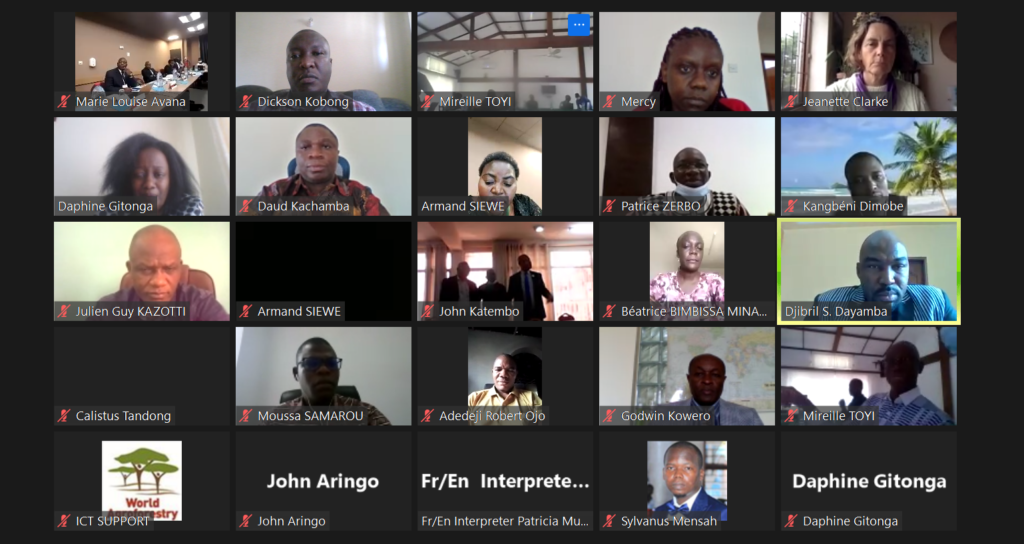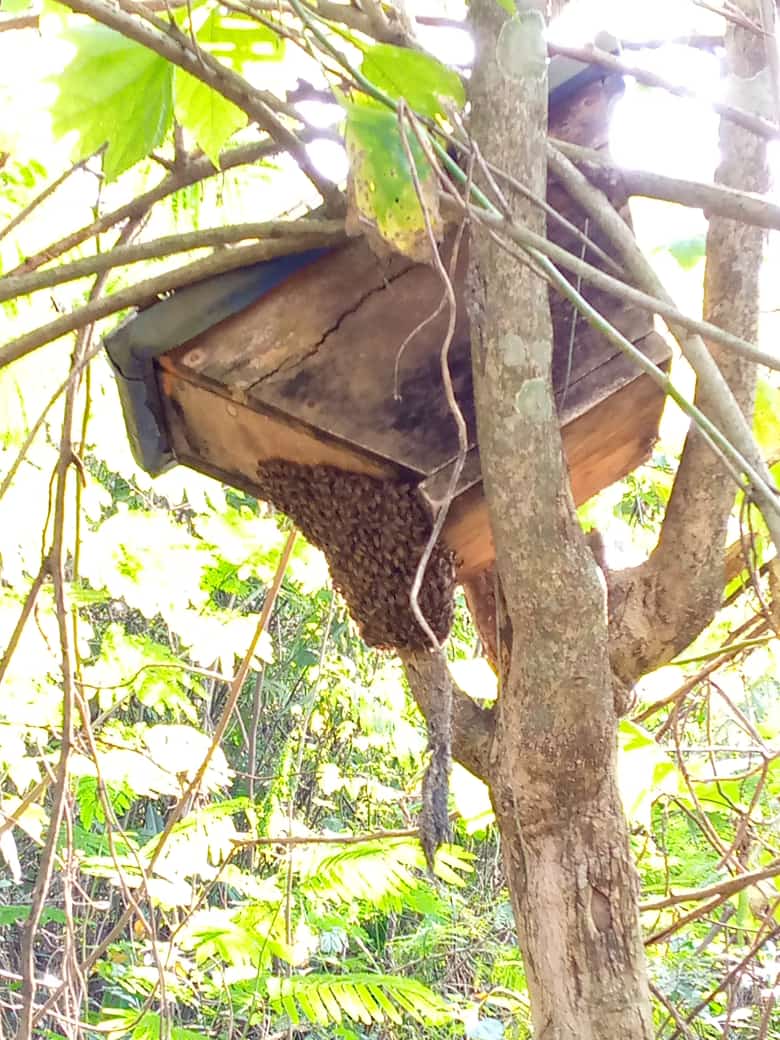By Elias Ngalame
The African Forest Forum (AFF) has in the last two years carried out research works on strengthening sustainable management of Africa’s forests and trees outside forests and the role they play in meeting global and national climate change mitigation goals.
In collaboration with the Network for Natural Gums and Resins in Africa (NGARA) and forest experts, results of the research carried out in fifteen African countries is now shared with other stakeholders to strengthen the capacity of public and private forest institutions for sustained development outcomes in the sector and especially in the fight against climate change.
According to AFF executive secretary Godwin Kowero, the science-based knowledge sharing on forest management is carried out via national and regional webinars to help participants learn from policy and forest governance processes that hold potential to cultivate better responses in the forestry sector to the climate change opportunities and challenges on the continent.
The webinars accordingly is taking place under the theme, “National responses to the Paris Agreement and promoting gumsand resins in Africa for resilience to climate change.”
Speaking at the opening of the webinars in Francophone Africa [Cameroon, Benin and DRC] Godwin Kowero noted that good governance and collaboration among the different stakeholders was key in the drive towards sustainable management and wise use of these resources for the benefit of present and future generations.
“We need to work in synergy to attain expected results in forest management and the fight against climate change” Gonwin Kowero said.
The importance of a sound governance system in forest management was corroborated by the representative of the Central African Forestry Commission, COMIFAC.
According to the deputy executive secretary and technical coordinator of COMIFAC, Chouaibou Nchoutpouen, the different countries in Africa must respect the global environmental governance system that is built on agreements including the United Nations Framework Convention on Climate Change and its landmark agreement reached in Paris in 2015, to combat climate change and accelerate and scale up the actions and investment needed for future sustainable low carbon future.
“Countries-parties to this agreement are required to formulate their national visions to address climate change while demonstrating at the international level their politician will and readiness to contribute to global adaptation and mitigation efforts.
A stronger response from governments and public organisations, communities and private sectors is therefore required for results oriented actions” Chouaibou said at the opening of the Webinar workshop in Douala.
Marie Louis Avana of AFF Cameroon reiterated on the role women play in pushing the drive in sustainable forest management. “The African Forest Forum understands the important role women play in promoting forest management and thus leaving no stone unturned to encourage their actions she said.
In another presentation on the enhancement of African Forest Governance in response to Paris Agreement and related Global Climate policies and initiatives by FOKABS, Ngwa Elvis Suh, emphasized on the importance of improved governance systems in the forest sector to meet global and national ambitions.
A study carried out by FOKABS was presented with the objective of providing information that could enhance national forest governance to respond to the Paris Agreement and related global climate change policies initiatives in countries of the West and Central Africa.
The opening of the workshop also had sessions on group work and media round table discussions that permitted forest and climate change experts exchange experiences and best practices in sustainable forest management that could be replicated in other countries.
AFF executive Secretary urged journalists to use information provided by experts to better engage public and policy makers take steps to fight against the causes and effects of climate change.












